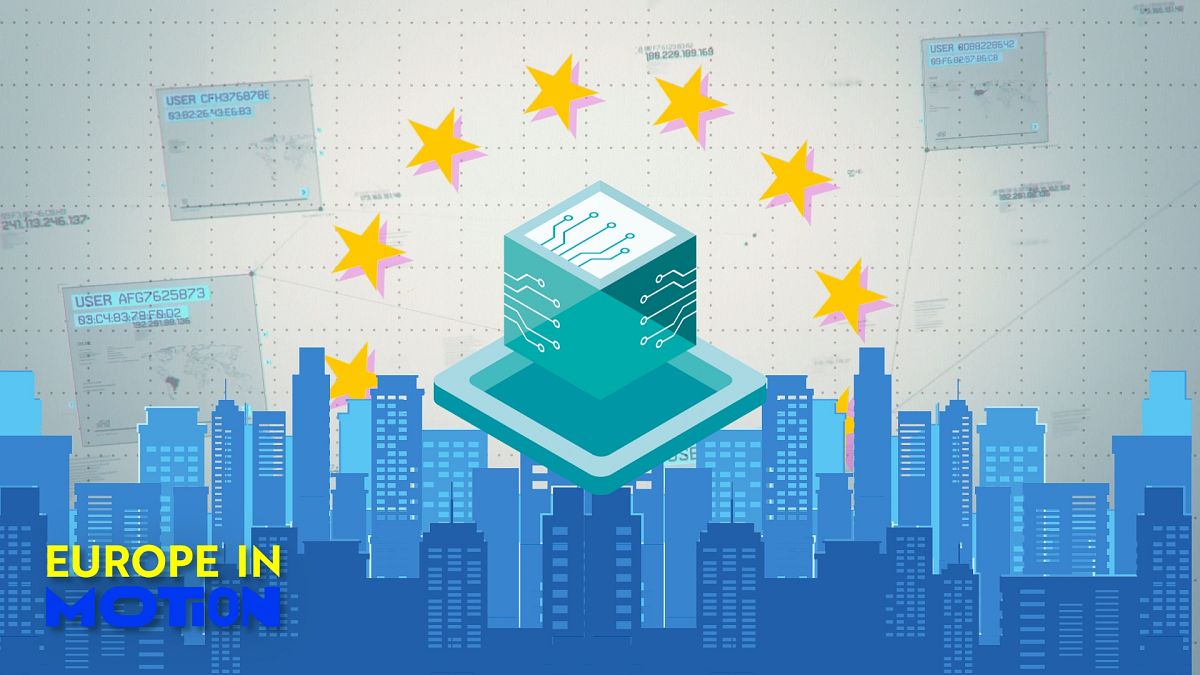Only 58% of EU small and medium enterprises have reached a basic level of digital services, an enormous 32 percentage points behind the goal set by the EU Commission for 2030.
European businesses are struggling to evolve from a digital point of view.
Only 58% of small and medium enterprises – which make up the vast majority of businesses in the EU – have reached a basic level of digital services, Eurostat reports.
That is a long way from the goal of 90% by 2030, which was set by the EU.
Large enterprises, meaning those with at least 250 employees, fare much better: 91% have reached a basic level of digitalisation.
In general, the countries with the most businesses on a “very low level of digital intensity” are Romania (72.1%), Bulgaria (70.6%) and Greece (56.2%).
On the opposite side of the spectrum (very high level of digital intensity) are Finland (13.0%), Malta (11.4%) the Netherlands (11.0%).
What does ‘digital intensity’ mean?
The Digital Intensity Index (DII) is an indicator used by the EU to establish a business’s level of digitalisation.
Having a “basic level of digital intensity” means using at least four of 12 digital technologies – such as AI, social media, cloud computing, and Customer Relationship Management – or having e-commerce sales accounting for at least 1% of total turnover.
Video editor • Mert Can Yilmaz

